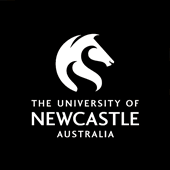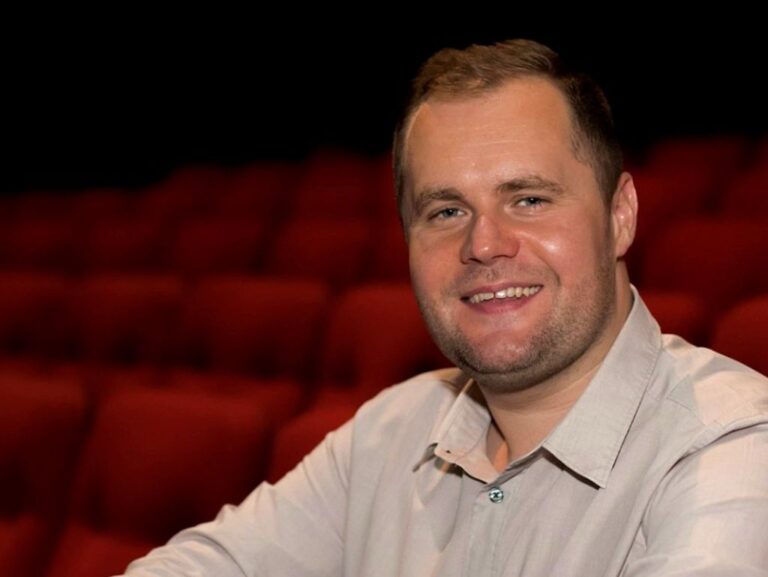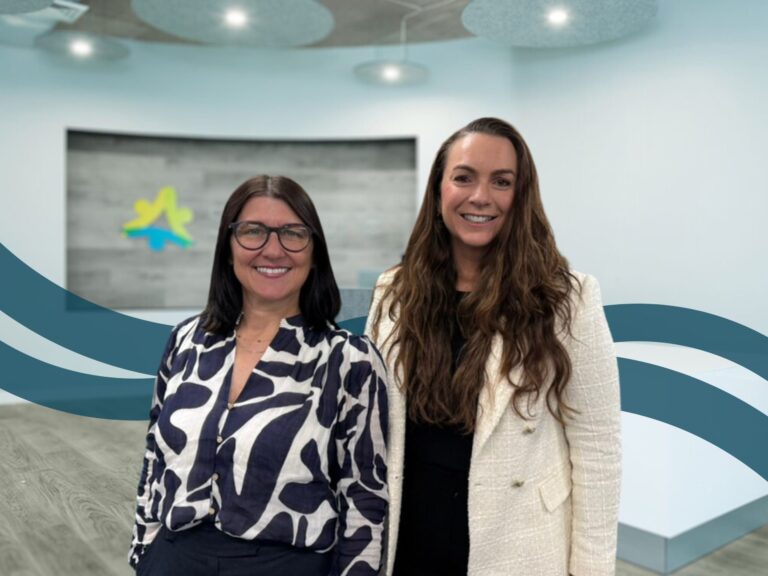Newcastle will be the home of new world-leading medical research infrastructure to help close the gap in health outcomes for First Nations people, thanks to $3 million in funding from the Albanese Government.
The innovative project from the University of Newcastle, in partnership with the Lowitja Institute, will help ensure culturally safe health and medical research for First Nations people, by establishing a national ethics committee to provide advice and guidance on future research projects.
The National Aboriginal and Torres Strait Islander Health Research Human Ethics Committee will be co-designed with First Nations people to ensure Indigenous Australians have a say in the research projects that affect them.
The project is spearheaded by Wiradjuri woman and NHMRC Early Career Research Fellow, Associate Professor, Michelle Kennedy.
Federal Member for Newcastle, Sharon Claydon said that she’s delighted to see the talented researchers recognised for their efforts.
“The University of Newcastle has always punched well above its weight when it comes to world-leading research and this innovative study is further proof of that,” Sharon said.
“This funding is a testament to the extraordinary work of Michelle Kennedy and her team to deliver health research that’s appropriate, engaging and meaningful for First Nations people.”
The funding is part of the National Critical Research Infrastructure Initiative, a 10-year, $650 million Australian Government investment from the Medical Research Future Fund. The Initiative funds facilities, equipment, systems, and services that support world-class health and medical research.
The project will use a co-design process to establish a National Aboriginal and Torres Strait Islander Health Research Human Ethics Committee to help improve health outcomes for First Nations people by streamlining culturally safe health and medical research.
Associate Professor, Michelle Kennedy said that all research involving Aboriginal and Torres Strait Islander peoples should be deemed safe and respectful by Aboriginal and Torres Strait Islander peoples.
“However, there is limited state-based infrastructure and no national infrastructure to support this,” Michelle said.
“This project will use a co-design process to establish the much-needed body and contribute to transformative change in Aboriginal and Torres Strait Islander health.”







